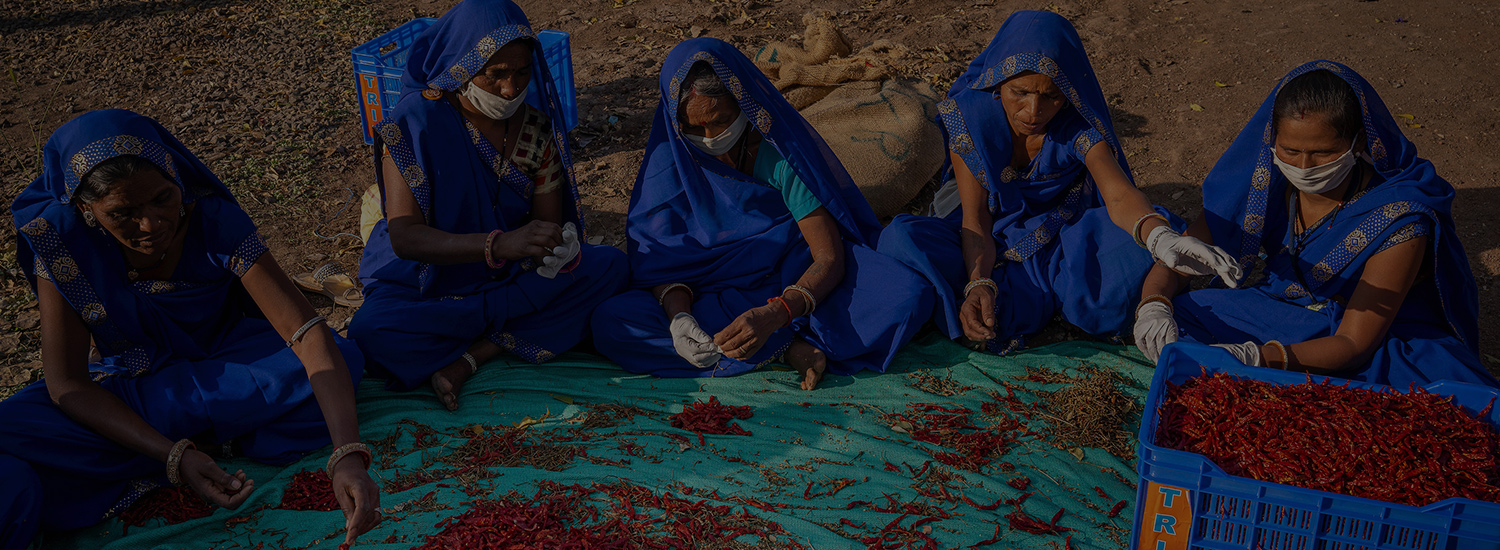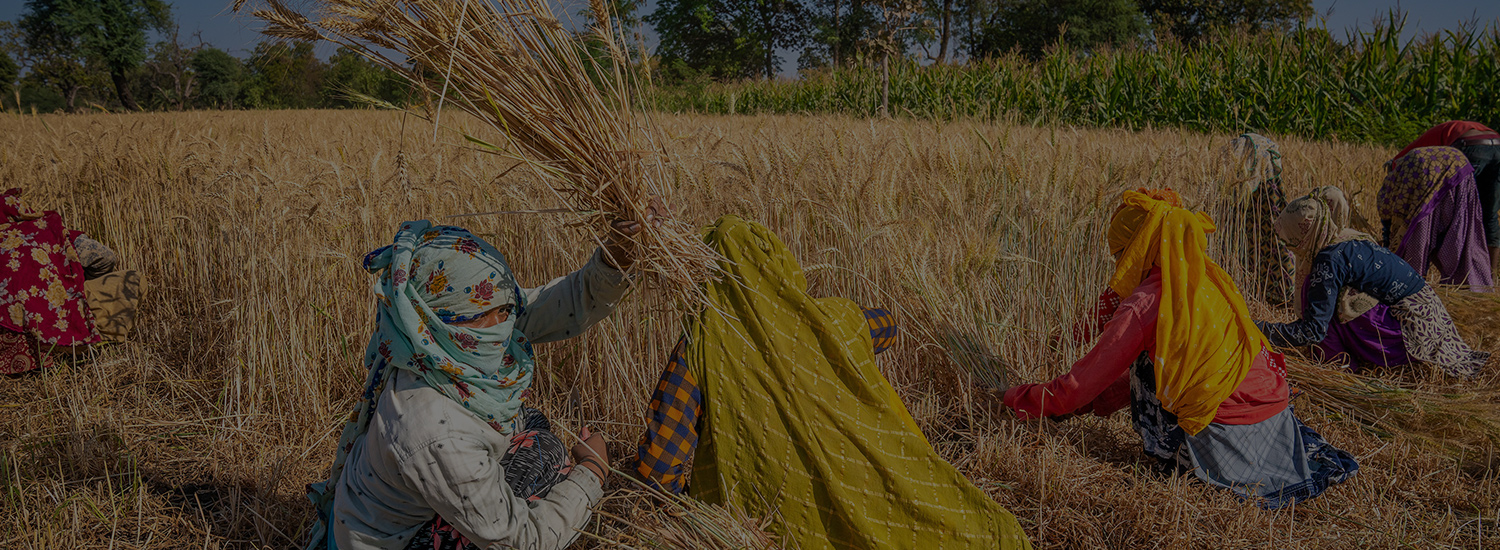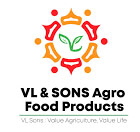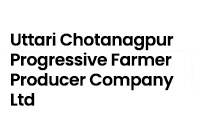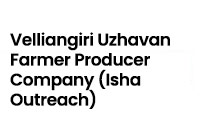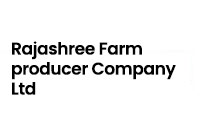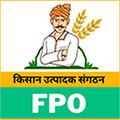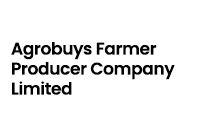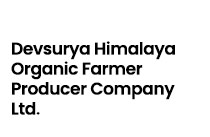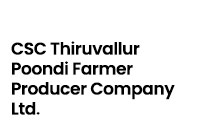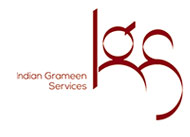An enabling ecosystem needs to be created to facilitate emergence of robust FPOs with integration of multiple stakeholders.
The primary goal of NAFPO is to focus attention on the immense opportunity that Farmer Producer Organizations (FPOs) present to transform agriculture in India and contribute towards the visionary goal of doubling farmers’ income.
About NAFPO
National Association for Farmer Producer Organisations (NAFPO) is registered as a non-profit, multi-stakeholder owned platform to support institutional development and business stabilization for Farmer Producer Organizations (FPOs).
Guiding Objectives

Developing Market Access and Financial Linkages

Capacity Building of Professional management support

Strategy endorsement for FPO advancement
State of Sector Report Farmer Producer Organisations in India

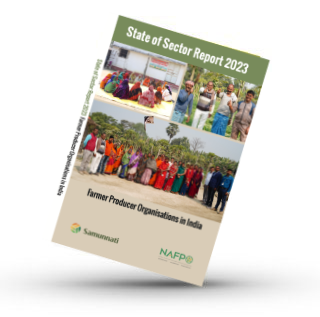
A report on FPOs in India and emerging landscape
The annual State of Sector Report on FPOs (SoFPO, 2023) brings to the forefront the wide array of issues in the area of FPO promotion and nurturing and the possible solutions that can work in favour of building a robust institute of farmers.
Experiences from the field presented in the report through FPO case studies demonstrate the importance and the role of enabling the ecosystem in the success of the FPOs to access credit, markets and capacity enhancement support.
The report also put forth a business case to promote all women FPOs in addition to the gender justice argument that requires policy support to achieve equity, equality and efficiency through engendering FPOs.

